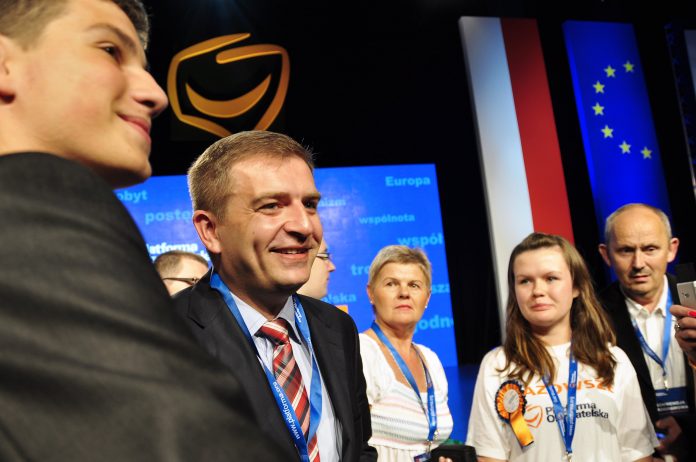The findings and recommendations of the BECA survey reveal important lessons on how to make EU health systems more resilient in order to ensure continuity of cancer care at all times.
During an exchange of views with stakeholders, members of the Parliament’s Special Committee on Beating Cancer (BECA) identified the key messages emerging from the recent public consultation developed to draw lessons from the ongoing COVID-19 pandemic. The survey findings emphasise the need to build more resilient and equal health systems for disease and crisis preparedness across the EU. Additionally, the EU and its member states need to find ways to increase and improve cross-border collaboration for cancer prevention programmes and other cancer services. This will help tackle health inequalities within and between Member States, not only in cancer prevention, but also in screening, diagnosis and treatment. Another crucial point identified is the need to increase and strengthen specialised medical workforce. Finally, there is a need for a mechanism to help prevent shortages and mitigate disruptions of crucial medicines supply across the EU. BECA Chair Bartosz Arłukowicz (EPP, PL) said: “I very much welcome the pertinent recommendations from the BECA survey that will feed into our final report expected by the end of this year. The COVID-19 pandemic has created huge challenges for cancer patients to access care. However, cancer care can’t wait – for these patients, every day counts! It is our Committee’s mission, together with other politicians, the cancer community, public health organisations and medical experts, to do all we can to ensure that cancer patients receive the treatment they need at all times. In this context, I warmly welcome European-wide initiatives to tackle the challenges of the pandemic, such as the “Time to Act” campaign to be launched by the European Cancer Organisation”. BECA Rapporteur Véronique Trillet-Lenoir (Renew Europe, FR) said: “The COVID-19 pandemic constitutes a stress test for our healthcare systems with disproportionate negative effects on cancer care and patients. We need robust digital solutions and tele-medicine to be able to monitor cancer patients remotely and clear communication between patients, healthcare professionals and public authorities on emergency public health measures.”
BECA conducted an online stakeholders’ consultation in February-March 2021 to gain insight into the different ways the COVID-19 pandemic has affected and is still effecting patients, healthcare professionals and all other aspects of cancer care and research in the European Union. Its aim was, in particular, to provide a framework for proposals and recommendations for the short-term and for future health crises (e.g. disease preparedness) to ensure continuity of services, also taking into account Europe’s Beating Cancer Plan. The public consultation yielded contributions from stakeholders from the cancer community and public health organisations across Europe, representing over 360 organisations.

